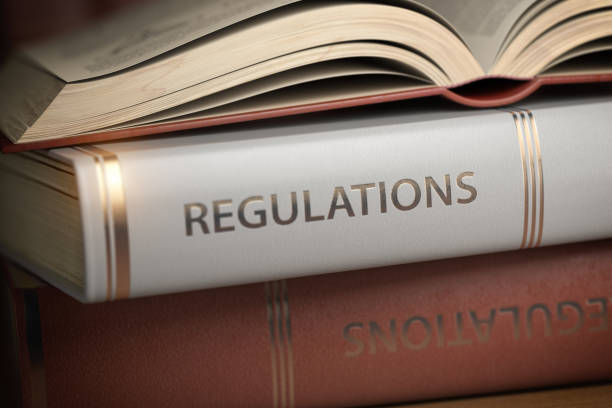


When do the New Title IX Rules Become Effective?
Though these rules were sent for publication on May 6, 2020, they will not become effective until August 14, 2020. The best Connecticut Title IX lawyers agree that this delay is due in part to the COVID-19 pandemic so that universities and schools have ample time to come into compliance with the new regulations.
How Will The New Title IX Rules Affect My Pending Title IX Case?
While the rules make it clear that the updates will not affect cases that have already been decided, it is unclear whether some or all of the new rules must apply to currently pending cases scheduled for hearings. A top Connecticut Student Defense Attorney can tell you more about your options and help you make sure to preserve your rights.
Here are the SIX MAJOR CHANGES to Federal Title IX Laws
After public debate and commentary, the new Title IX Rules are out. There are over 2,000 pages of commentary, but some of the biggest changes are as follows.
1. Live Title IX Hearings Are Now Required
A live hearing is required. It is important to note that live means synchronous, not necessarily in person. Therefore, remote video call hearings are acceptable.
2. Witnesses Can Now Be Cross-Examined at Title IX Hearings
At this hearing, each party may have an advisor present who is allowed to ask the other party and any witnesses questions in real time. If witnesses refuse to be cross-examined at the live hearing, the decision-maker cannot rely on their testimony in coming to a decision.
3. There’s a New Standard of Proof for Title IX Hearings
The changes allow for a choice in the standard of proof. If it’s fair to do so, the old preponderance standard may still be used. There is now also the ability for universities to use a heightened “clear and convincing” standard instead.
4. More Than One Investigator Involved in Your Title IX Hearing
The formerly allowed single investigator model is now prohibited. The decision maker in a Title IX investigation now must be separate and different from the person who served as the Title IX Coordinator or Investigator.
5. A New Informal Resolution Process
The changes allow for a new informal resolution process, provided it’s deemed appropriate and both parties voluntarily agree to it. This promotes autonomy and gives students a route with less publicity.
6. New Ability to Gather Evidence
Parties are now afforded the ability to gather and present evidence without restriction. This seeks to promote a fairer hearing process where the parties can properly defend their positions.
What is Title IX?
Title IX is part of the Education Amendments of 1972. The full authority can be found beginning at 20 United States Code (U.S.C.) § 1681. It applies to educational institutions that receive financial assistance from the United States Department of Education. It is enforced by the Office for Civil Rights.
At its core, Title IX prohibits discrimination on the basis of sex in educational programs and activities. It often applies in the context of athletics, but it also affects investigations and hearings for alleged sexual harassment and sexual misconduct.
Contact a Connecticut Title IX Student Defense Lawyer Today
The new Title IX rules can be confusing to understand, but a lawyer can help. Check out our hundreds of certified-5-star Avvo.com reviews and call the attorneys at Mark Sherman Law at 203-358-4700 today to learn more about how we can help you.